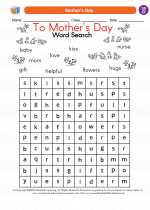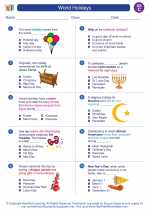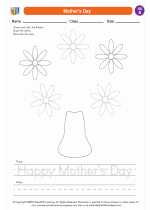Passover
Passover is a significant Jewish holiday that commemorates the liberation of the Israelites from slavery in ancient Egypt. The holiday is observed for seven or eight days and is one of the most widely celebrated Jewish holidays.
History
The story of Passover is found in the biblical book of Exodus. According to the story, the Israelites were enslaved in Egypt under the rule of the Pharaoh. God sent Moses to demand the release of the Israelites, but the Pharaoh refused. In response, God sent ten plagues upon Egypt, and the final plague was the death of the firstborn. To protect the Israelites, God instructed them to mark their doorposts with the blood of a sacrificial lamb so that the angel of death would "pass over" their homes, sparing their firstborn children. After this final plague, the Pharaoh finally agreed to let the Israelites go, leading to their exodus from Egypt.
Observance
Passover is observed through a variety of rituals and traditions, including the Seder meal, the retelling of the story of the exodus, the removal of leavened bread from the home, and the eating of unleavened bread (matzah). The Seder meal involves the reading of the Haggadah, a book that tells the story of the Israelites' exodus from Egypt and includes prayers, songs, and symbolic foods.
Significance
Passover holds great significance in Jewish tradition as it symbolizes freedom, redemption, and the renewal of the Jewish people. It is a time for families and communities to come together, retell the story of the exodus, and reflect on the themes of liberation and the importance of standing up against oppression.
Study Guide
- What is the historical significance of Passover?
- Describe the story of the Israelites' liberation from Egypt.
- What are some of the key rituals and traditions associated with Passover?
- What is the significance of the Seder meal and the retelling of the exodus story?
- How does Passover promote the themes of freedom and redemption?
◂Social Studies Worksheets and Study Guides First Grade. Observance of Holidays

 Worksheet/Answer key
Worksheet/Answer key
 Worksheet/Answer key
Worksheet/Answer key
 Worksheet/Answer key
Worksheet/Answer key
 Worksheet/Answer key
Worksheet/Answer key
 Worksheet/Answer key
Worksheet/Answer key
 Worksheet/Answer key
Worksheet/Answer key
 Worksheet/Answer key
Worksheet/Answer key
 Worksheet/Answer key
Worksheet/Answer key
 Worksheet/Answer key
Worksheet/Answer key
 Coloring Worksheet
Coloring Worksheet
